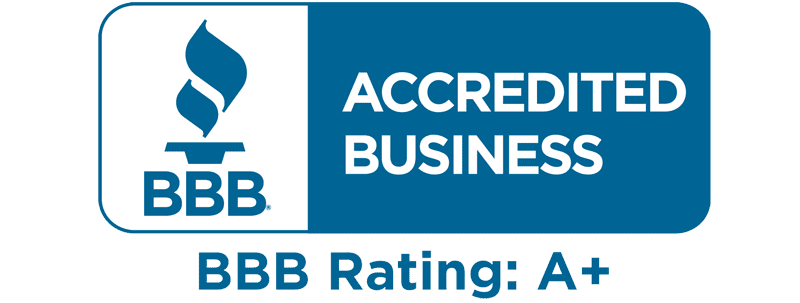MORTGAGE REFINANCE
Did you know that even a difference of .25% on your interest rate can help you save thousands of dollars throughout the life of the loan? Please fill out the form below so that one of our preferred lenders can help get a customized rate for you.
Mortgage-Refinance1

ABOUT MORTGAGE REFINANCE
Refinancing a mortgage means paying off your first mortgage using a new mortgage with a different interest rate (usually lower) or a modified loan term. Refinancing has many benefits and can help you save thousands of dollars over the term of your loan.
Comparing Loan Estimates
A loan estimate is a 3-page document provided by your lender and shows you the different costs related to your mortgage.
Compare Closing LLC Costs
Closing costs are in addition to the total loan amount, and thus is a factor you need to thoroughly consider.
Compare Mortgage Lenders
Comparing lenders allows you to compare different quotes and terms, along with the interest rates and different costs that these lenders charge you.
MORE ABOUT HOME REFINANCE
Let The Lenders Compete For Your Business
ABOUT RATE & TERM REFINANCE
Refinancing is the process where you pay off your existing loan using a new mortgage loan. Refinancing is one of the most important financial decisions a person takes, as it resets the term and starts the loan repayment all over again. Borrowers or homeowners choose to refinance to reduce or change the loan term, acquire lower interest rates, consolidate debts or raise funds for a huge expense, or convert a fixed-rate mortgage to an adjustable-rate mortgage and vice versa. However, refinancing does not come for free. This includes a number of fees like closing costs, title fees, appraisals, etc. It is thus important that a borrower carefully considers all these factors and then decides whether it will be a wise financial decision to refinance. At Compare Closing LLC, we will help you find a lender who can provide you with a mortgage loan that matches your needs. Although mortgage refinances seem like a tempting option, you may want to check if the refinancing is worth the time, money, and effort and how much time it would take to recover the costs.
BENEFITS
One of the top reasons borrowers choose to refinance is to acquire a lower interest rate. Generally, it is believed that it is a good idea to refinance if you can get an interest rate that is lower than your current rate by at least 2%. Acquiring a lower interest rate can help you save thousands of dollars on the overall payment of your mortgage. Another reason to consider refinancing your mortgage is to change the loan term. Borrowers often refinance their 30-year mortgage for a 15-year mortgage in order to pay off the loan faster. This, however, means you will most likely have to make a greater monthly payment. A lot of borrowers also refinance to tap into their home equity and use it to fund a big expense like renovations or repairs to the home, or even the school or college fee of a child or consolidate debts. Switching from an adjustable-rate mortgage to a fixed-rate mortgage is another major reason borrowers choose refinancing. This is generally done to take advantage of the lower interest rates. However, if you have chosen an ARM and the interest rates are falling continuously, the rate adjustments that happen periodically will result in lower interest rates and monthly payments, thus eliminating the requirement of refinancing.
OPTIONS
When it comes to options in refinancing, there are 3 different types of refinances you can choose from rate-and-term, Cash-out, and Cash-in. The option that you choose out of these 3 would depend on your particular financial needs and goals. The rate-and-term mortgage allows borrowers to modify the interest rate or the term of the mortgage. The primary goal of a rate-and-term refinance is saving money. This can be done by acquiring a lower interest rate or a lower monthly payment. Cash-out refinances are used to tap into the home equity. However, home equity is not a liquid amount and one has to take a loan against the value of the property, and this is where cash-out refinance comes into the picture. In a cash-out refinance, the new loan amount is greater than your current loan. Thus, after the current loan is paid off using your refinancing, there is an amount left to you, which is given to you in cash. Cash-in refinance is the opposite of cash-out refinance. Here, the borrower pays cash in order to pay down some of the loan balance and thus lower the total amount owed. This usually results in a lower interest rate, a reduced loan term, or even both. Get multiple quotes from various lenders, and let us help you compare them so you can decide which home equity offer you want to finalize.


